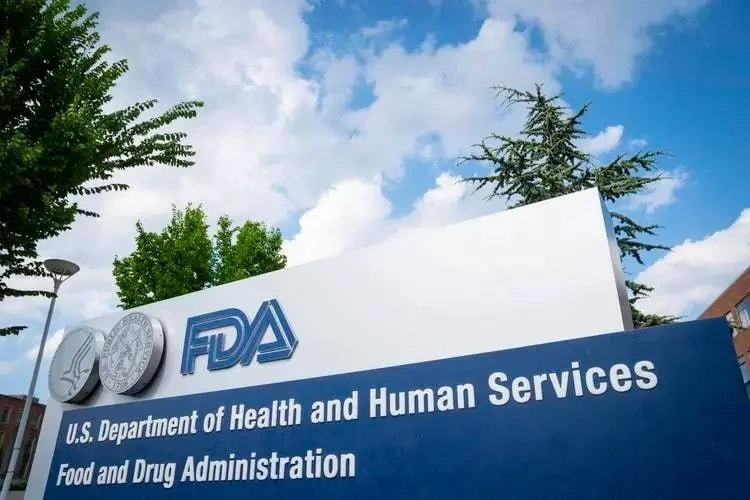The booming world of cross-border e-commerce has attracted numerous new players, including beginners in international trade. For those looking to export food products to the United States, one key aspect that cannot be overlooked is compliance with regulations. In particular, the U.S. Food and Drug Administration (FDA) plays a critical role in ensuring food safety and maintaining industry standards.
What is FDA Certification, and Why Does It Matter?
The FDA oversees the safety of food, cosmetics, and other related products entering the U.S. market. Any food product exported to the U.S. must be registered with the FDA. Without FDA registration, these products face the risk of being detained at customs, preventing them from being sold in the U.S.
However, the FDA registration process is often more straightforward than it seems. For instance, in the case of tea products, you can complete the FDA certification by simply submitting the necessary documents and waiting approximately seven business days.

What Documents are Needed for FDA Registration?
To successfully register with the FDA, you’ll need the following:
- DUNS Number: A unique identifier for your business.
- Basic Company Information: Includes contact details, product descriptions, and other relevant information.
Though the documentation is fairly simple, there are many nuances involved in the FDA registration process. Importantly, you must appoint a U.S. agent—a person or entity located in the U.S.—who is knowledgeable about FDA requirements and capable of answering FDA questions and forwarding important notifications.
Why Professional Assistance Can Make All the Difference
Navigating the FDA registration process on your own can be tricky, especially if you’re unfamiliar with U.S. regulations. Using a professional agency with expertise in FDA certification can save you time, reduce errors, and streamline the process. They’ll ensure your registration is completed correctly, offering peace of mind at an affordable cost.
Do All Products Require FDA Certification?
Not all products need FDA certification. For example, if your target market is within the European Union, you’ll likely need to focus on CE certification rather than FDA registration. It’s crucial to understand the regulatory requirements specific to the regions in which you plan to sell.
Benefits of FDA Certification
So, why go through the trouble of FDA registration? Here are a few key advantages:
- Compliance Assurance: Avoid customs delays or product detentions in the U.S.
- Platform Approval: Meet the requirements of major e-commerce platforms and prevent product listings from being removed.
- Brand Credibility: Boost your brand’s credibility and enhance product competitiveness in the U.S. market.
Conclusion
For any business involved in exporting food to the U.S., FDA registration is not just a regulatory requirement—it’s an essential step toward building a compliant and competitive cross-border business. With the right support, the process can be quick, efficient, and beneficial to your long-term success.
